Mises Institute: Is Gold Money?

From today's Daily Article posted by Robert Blumen at Mises Institute web site:
"... What qualities have made gold (and silver) the winners of the monetary competition in centuries past? The qualities most often cited by monetary historians are durability, divisibility, recognizability, portability, scarcity (the difficulty of producing more of it), and a value-to-weight ratio that is neither too high nor too low. Too low a ratio would make it hard to carry enough for spending, while too high a ratio would make small transactions difficult and prevent the commodity from being sufficiently widely owned in the prior barter economy. Gold still has these qualities today. While fiat money has some of them, it fails the scarcity test: it is too easy to create more of it.
The result of market competition is not necessarily permanent. Market competition is an ongoing process. Even when one commodity emerged as money, there continued to be competition from other nonmonetary commodities. Once the world's money, even gold could have lost its place had a superior alternative emerged. But that is not the reason we no longer use it. Political money did not prove its superiority through a market process. What happened instead was a politically imposed change from a better system to a worse system.
Although the central bankers have used political means to replace gold with paper, they do not have the power to end the competition between their money and commodity money. The "demonetization" of gold by central banks has rigged the competition — but not ended it.
Gold as money may not be over for all time. As the monetary system melts down, gold functions as "shadow money," an alternative that competes with the political money. It remains a store of value because of its potential to become money again. There is continuing demand for gold as a hedge against the breakdown of the fiat system.
Governments cannot force people to use their money beyond a point. The market will only continue to accept fiat money as long as it works well enough (or even, not too badly). If governments debase its currency beyond a point where it maintains some value over time, people will stop using government currency and switch to something else."
Please click HERE for this fascinating article.
"... What qualities have made gold (and silver) the winners of the monetary competition in centuries past? The qualities most often cited by monetary historians are durability, divisibility, recognizability, portability, scarcity (the difficulty of producing more of it), and a value-to-weight ratio that is neither too high nor too low. Too low a ratio would make it hard to carry enough for spending, while too high a ratio would make small transactions difficult and prevent the commodity from being sufficiently widely owned in the prior barter economy. Gold still has these qualities today. While fiat money has some of them, it fails the scarcity test: it is too easy to create more of it.
The result of market competition is not necessarily permanent. Market competition is an ongoing process. Even when one commodity emerged as money, there continued to be competition from other nonmonetary commodities. Once the world's money, even gold could have lost its place had a superior alternative emerged. But that is not the reason we no longer use it. Political money did not prove its superiority through a market process. What happened instead was a politically imposed change from a better system to a worse system.
Although the central bankers have used political means to replace gold with paper, they do not have the power to end the competition between their money and commodity money. The "demonetization" of gold by central banks has rigged the competition — but not ended it.
Gold as money may not be over for all time. As the monetary system melts down, gold functions as "shadow money," an alternative that competes with the political money. It remains a store of value because of its potential to become money again. There is continuing demand for gold as a hedge against the breakdown of the fiat system.
Governments cannot force people to use their money beyond a point. The market will only continue to accept fiat money as long as it works well enough (or even, not too badly). If governments debase its currency beyond a point where it maintains some value over time, people will stop using government currency and switch to something else."
Please click HERE for this fascinating article.
Labels: Austrian Theory, central banks, fiat money, gold, gold standard, Ludwig von Mises, money















![[Most Recent Quotes from www.kitco.com] [Most Recent Quotes from www.kitco.com]](http://www.kitco.com/images/live/t24_au_en_usoz_6.gif)
![[Most Recent Quotes from www.kitco.com] [Most Recent Quotes from www.kitco.com]](http://www.kitco.com/images/live/au_go_0030_ny.gif)
![[Most Recent Quotes from www.kitco.com] [Most Recent Quotes from www.kitco.com]](http://www.kitco.com/images/live/au_go_0365_ny.gif)
![[Most Recent Quotes from www.kitco.com] [Most Recent Quotes from www.kitco.com]](http://kitconet.com/charts/metals/silver/t24_ag_en_usoz_4.gif)




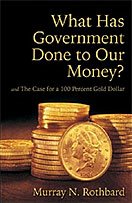

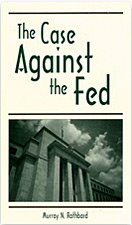
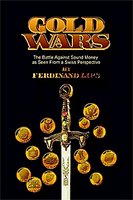
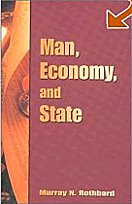

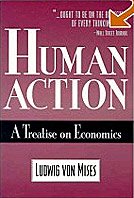
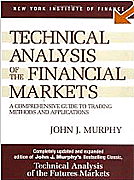





0 ΣΧΟΛΙΑ (COMMENTS):
Post a Comment
<< Home